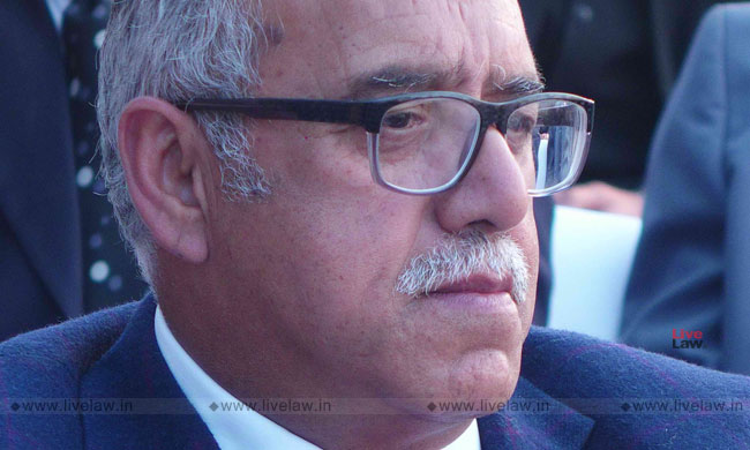Former Supreme Court judge Justice Deepak Gupta expressed criticism of the approach of Constitutional Courts in refraining from giving actual relief to citizens despite holding that certain executive decisions are unconstitutional.While delivering an online lecture on the topic “Developments in Fundamental Rights in Last Decade” as part of LiveLaw's 10th anniversary lecture series,...

